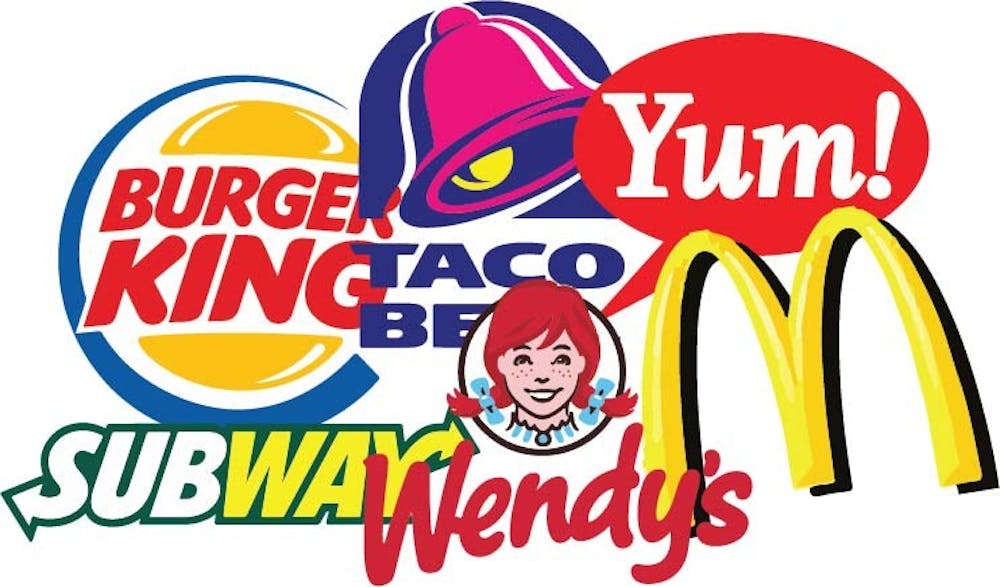An uphill battle:
Strikers and organizers will face several challenges in their fast-food statement, including:
-the industry itself, which is famous for competing low prices.
-slow growth and new competition for major companies.
-difficulties in organizing. Fast-food workers are difficult to unionize because of high turnover rates.
-Senate promises to vote on wage hikes, which are not expected to gain traction.
• Fast-food strikes are planned in about 100 cities Thursday.
• The strikes are part of a campaign to raise pay in low-wage areas.
• The impact the walkouts could have is unclear because past protests have been uneven influence.
NEW YORK — Fast-food workers in about 100 cities will walk off the job Thursday, organizers say, which would mark the largest effort yet in a push for higher pay.
The actions are intended to build on a campaign that began about a year ago to call attention to the difficulties of living on the federal minimum wage of $7.25 an hour, or about $15,000 a year for a full-time employee.
The protests are part of a movement by labor unions, Democrats and other worker advocacy groups to raise pay in low-wage sectors. Last month, President Barack Obama said he would back a Senate measure to raise the federal minimum wage to $10.10 an hour.
Protesters are calling for $15 an hour, although many see the figure as a rallying point rather than a near-term possibility.
It’s not clear how large the turnout will be at any given location or whether the walkouts will be enough to disrupt operations. Similar actions this summer had varying results, with some restaurants unable to serve customers and others seemingly unaffected.
The National Restaurant Association, an industry lobbying group, called the demonstrations a “campaign engineered by national labor groups,” and said the vast majority of participants were union protesters rather than workers.
The group added that past demonstrations “have fallen well short of their purported numbers.”
Kendall Fells, a New York City-based organizer for Fast Food Forward, said demonstrations are planned for 100 cities, in addition to the 100 cities where workers will strike. He said plans started coming together shortly after the one-day actions in about 60 cities this summer.
“They understand they’re not going to win from a one-day strike,” Fells said of workers.
Supporters of wage hikes have been successful at the state and local level. Last month, voters in New Jersey approved a hike in the minimum to $8.25 an hour, up from $7.25 an hour. California, New York, Connecticut and Rhode Island also raised the minimum wages this year.
SEIU President Mary Kay Henry said she thinks the protests have helped encourage more states and localities to raise their minimum wage. She expects the number of cities and participants in the protests to grow next year as the union tries to keep pressure on fast food companies.
“I think we’ve totally changed the conversation about what these jobs are worth,” Henry said. “These are no longer jobs being done by teenagers who need extra money. These are jobs being done by adults that can’t find any other work.”
While fast food workers tend to be a transient work force, Henry said her union has had success unionizing janitors and nursing home workers, which also were deemed too transient to be organized.





